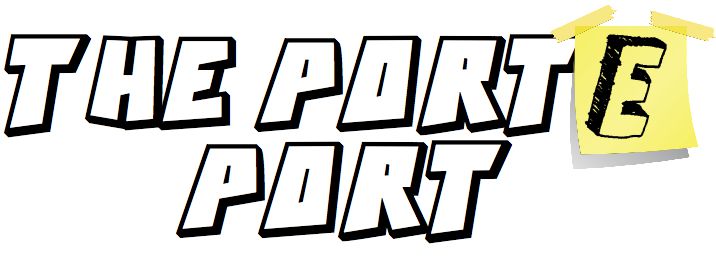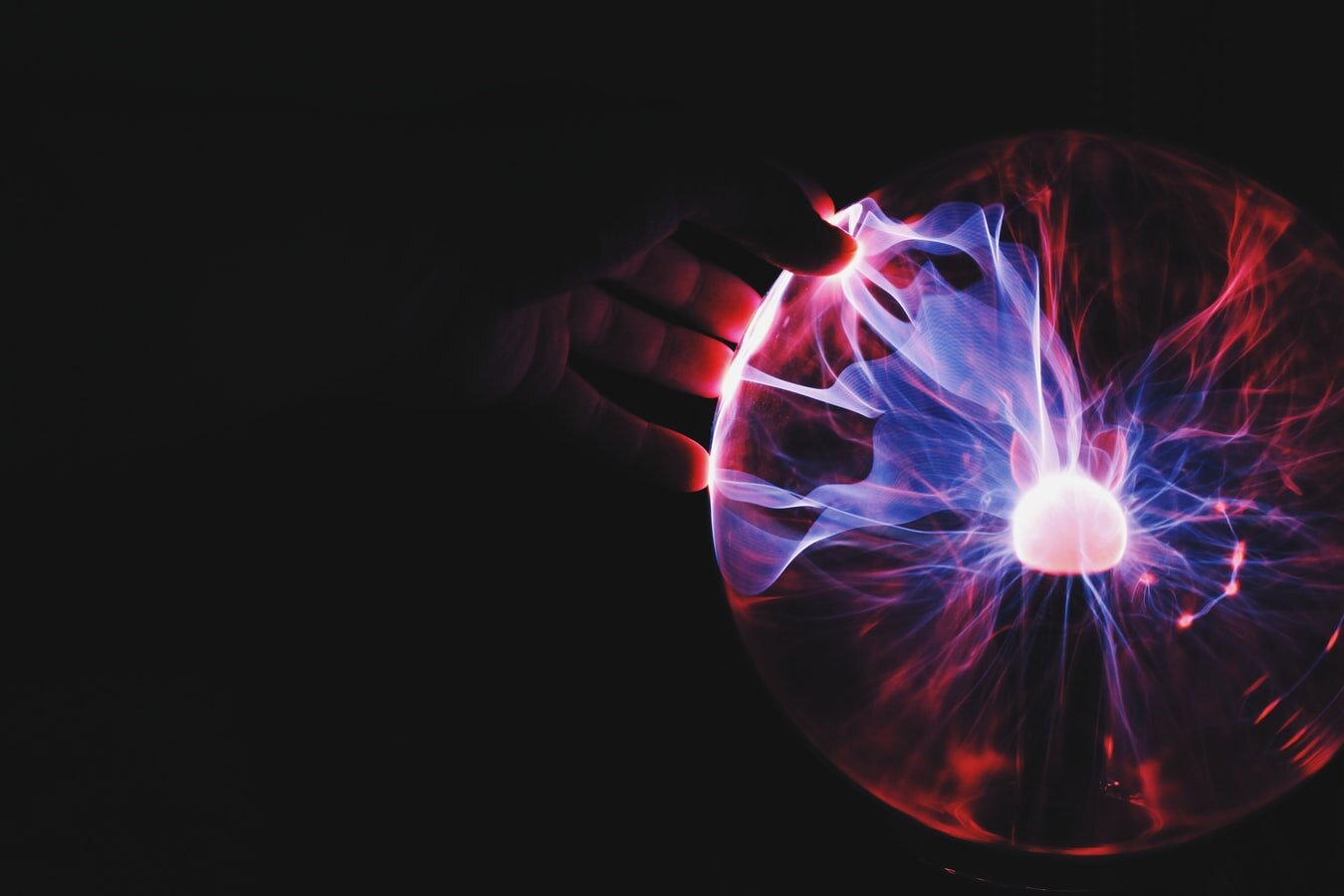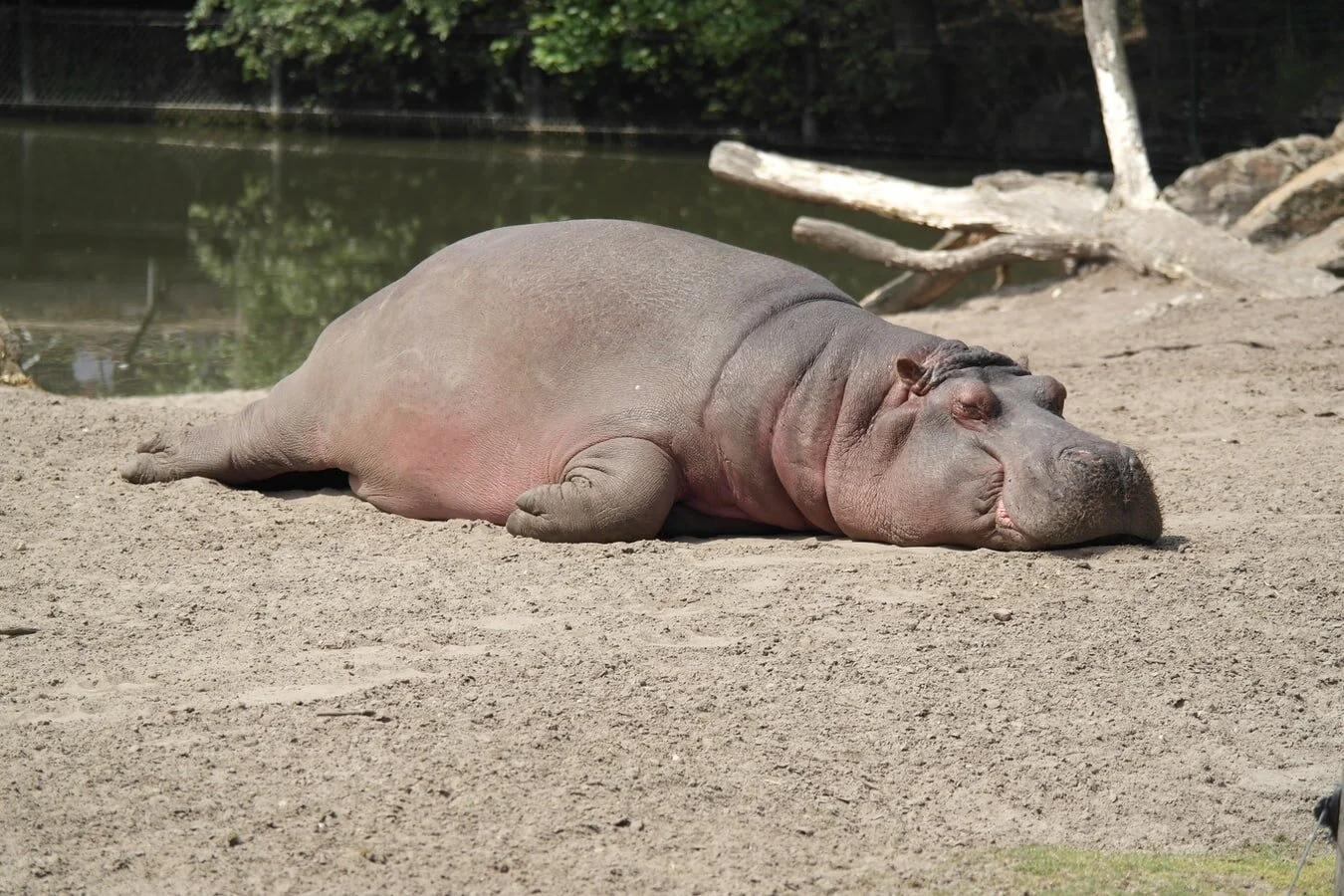Blade Runner 2049: Humanity, Choices, and the Furnace
Is he real?
I don't know. Ask him.
I can't stop thinking about this movie. I saw it days ago, but the theme, score, quotes, everything, keep rattling around in my brain refusing to let me go. I've talked about storytelling insanity before.
Narrowing this article down to something coherent hasn't been an easy process. There's plenty of topic avenues I could have gone down like freedom, racism, justice, usefulness, abuse, capitalism, culture; the list goes on and on. Plus, I could just feature an entire article on how badass Ryan Gosling is the whole time, or how delightful Joi (Ana de Armas) is. Their relationship is probably a series of its own. We don't have all day, and unfortunately, there are other things that need doing besides writing about Blade Runner 2049. (Like watching it again.)
Oh, and SPOILERS, of course. I want to break down story elements here, and that's hard to do without talking about the story!
Science fiction, at it's best, has always been about examining what it is to be human and where that humanity, or lack thereof, will take us as a species. It's funny to think about, the most fantastically outward venturing genre, exploring the strangest (apparently mostly desert) planets, technology, and everything altogether foreign, can dive inwardly the deepest.
Blade Runner 2049 builds on top of the themes from the original to continue this quest to discover something human.
The original Blade Runner sees Rick Deckard (Harrison Ford) hunting down artificial intelligence known as replicants. They are dangerous, but as Deckard learns, for reasons that are entirely human. They have short lives, are slaves to their creators, and want answers about their existence. How different are they really? Deckard seems more and more conflicted about gunning them down as the plot progresses, and his life is even saved by the most violent of the gang he was hunting.
Blade Runner 2049 opens on a world that uses a new model of replicant that is 100% loyal and obeys all commands. It's slavery in a new guise. Unlike the first, we immediately find out that "K" (Ryan Gosling) is a replicant and the whole journey becomes his struggle to recognize if he is something more than he was designed to be.
Of all the things I could have focused on, there is a particular thing happening in this story that I absolutely love. I've talked about it before, as an audience, we love the hero's journey. We want to see someone accomplish their destiny. We want to see overwhelming odds beaten over and over again. This movie has every aspect of that same story playing out...until all of it is turned on its head.
First, some reminders before diving into the themes and symbolism here. K is a replicant that uncovers a secret that shouldn't be possible. Another replicant has been able to give birth. This changes everything, challenging the entire concept that replicants are nothing more than tools to be used. K, however, is the kind of replicant that is supposedly unable to disobey. So much so that he himself is a Blade Runner, hunting others of his kind. I love that K justifies killing Sapper Morton (Drax, I mean, Dave Bautista) by placing a higher value on himself because he obeys his creators unlike replicants such as Sapper.
It comes down to how we see ourselves.
K only starts disobeying when he thinks that there is something special about him. He begins to believe that he is the child this other replicant had, a secret covered up for thirty years. It's a true purpose. A dangerous dream, but a truth worth finding out.
The pieces are tied to a memory he has of hiding a wooden horse in a furnace to keep it away from a group of bullies. He knows it's a planted memory, like the ones discussed in the first movie. It's a switch from the original, though. A replicant in the first movie thinks the fake memories are something real and K thinks that the real memories are something fake. He ends up finding the very real wooden horse figurine right where he remembers leaving it, proving it was reality.
This moment is everything.
As K removes the figurine, he has to face a choice of becoming something independent or obey his lieutenant resulting in his own destruction. It reveals something so basic about being a human. There will be things that happen in our lives that aren't easy to swallow. Truth can hurt, and decisions that come because of it can be difficult. Are decisions our own to make? Or do we simply do what we are supposed to?
The fact that K discovers this in a furnace is perfect. What is a furnace? Something that burns whatever you put inside. A furnace can be something that uses fuel to be utilized by its operators. It can be something that powers a machine or warms a home. Whatever the end result, fuel is burned up for something else.
A furnace is also something that can be used to create. Something is placed inside, and through the terrible heat, becomes something more in the end. It becomes art. Clay isn't fuel, but a medium. K needs to decide at this moment if he is fuel or something far greater. Will he burn, or purify?
So K runs. He needs to find more answers and figure out what it means to be something that is one of a kind. He is something special and has a destiny. This is the hero finally accepting his calling.
But what happens when you find out you aren't special?
K discovers he isn't this miracle child after all. He is just like any other replicant. He's normal. There's nothing more human than facing reality as nothing special. That's each and every one of us, the hard truth.
Well, this has been my most depressing movie breakdown ever. Who knew we would get here? Damn.
The movie purposefully doesn't end here, though. By the time Blade Runner 2049 reaches its climax, K is being pulled in multiple directions. He has CEO replicant maker Niander Wallace (A very Jared Leto) demanding an answer to this miracle, a growing faction of rebel replicants wanting his loyalty, a police force hunting him, and a society telling him he is less than human. All want different things and are pulling him to various decisions.
The beauty of this story is that he ignores all of those outside forces and does what he thinks is right.
K puts his life on the line to reunite Deckard (still Harrison, much older but can still throw a punch Ford) with his daughter, the real miracle child. He sees something important about human connection. Real connection. It's not about if Deckard is a replicant, or if K is real or special. It's not about the miracle of a replicant birth, it's not even about what the child is from that birth, it's about bonding with someone else. That's what is important to K. Choosing this for himself is what makes him human.
That's the thing about the freedom of being human. In many ways, you are just like the billions of other people on the planet. What's important about life is whatever you make important. It's the choices you make. And this is a story that wonderfully illustrates how complicated and simple that is.
You are as human as you want.
There's a reason this movie won't let me go. It showcases the power of personal choice. We live in a world where we like to believe we are the hero of our own story. What happens, though, when we focus on the hero from another story?
But this is just a movie, right? I've thought too much about this, I'm sure.
This is why I love good storytelling. It says something about life in the process. To repeat the last line of the movie: Beautiful, isn't it?
Header image via IMDB





